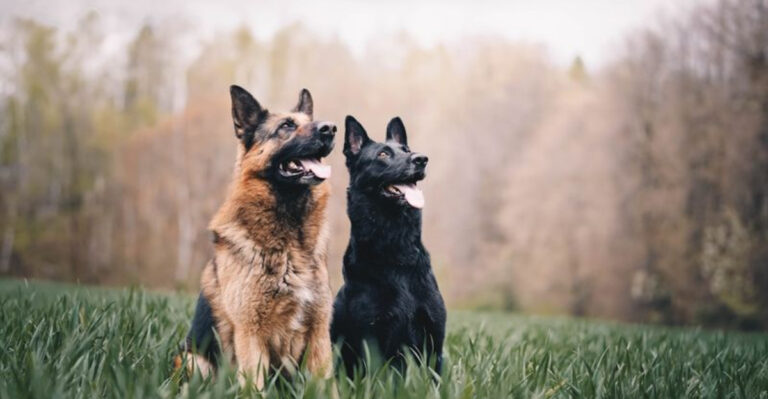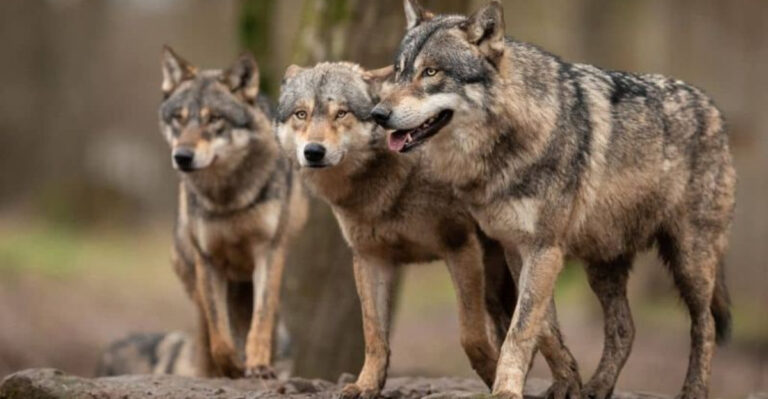9 Reasons To Get A Wolfdog And 9 Reasons Not To
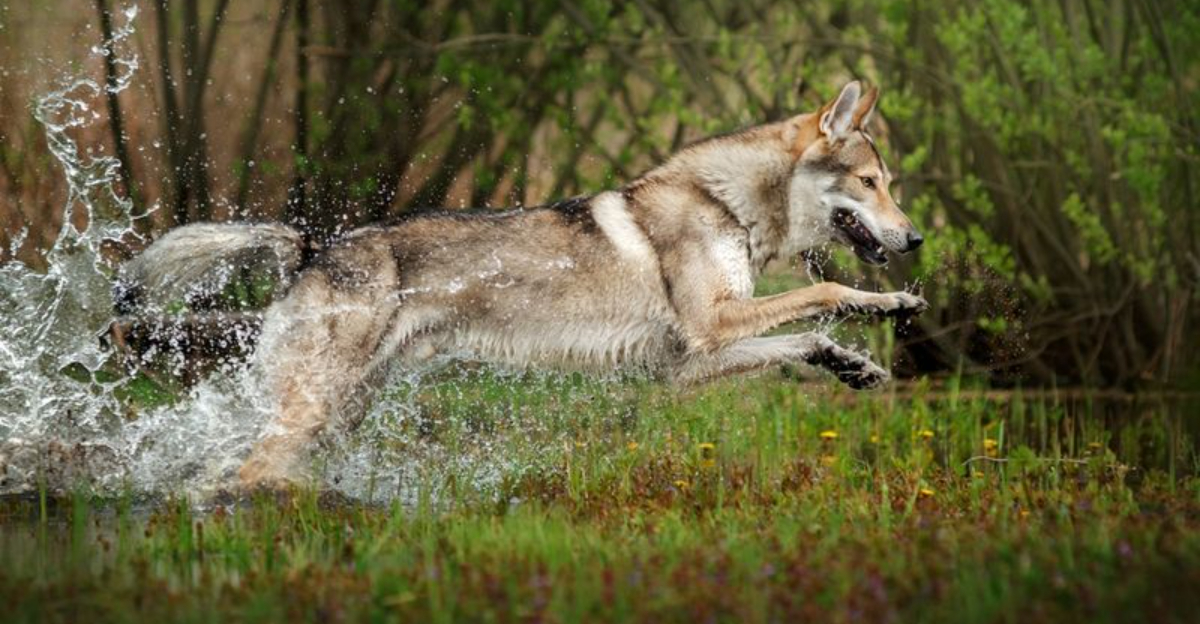
Thinking about bringing a wolfdog into your life? This unique breed, a mix between a domestic dog and a wild wolf, offers an intriguing blend of traits.
While their wild ancestry may appeal to many, it’s important to weigh both the advantages and challenges before making a decision.
Let’s explore compelling reasons both for and against welcoming a wolfdog into your home.
1. Loyal Companionship
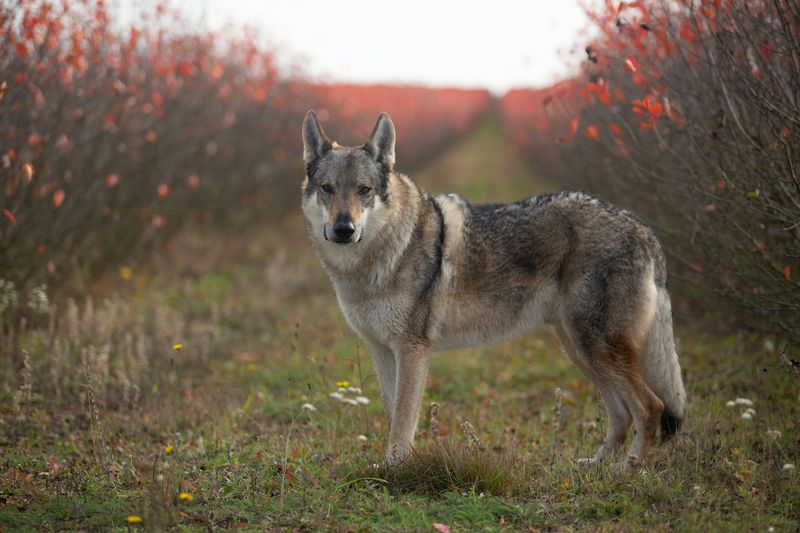
Wolfdogs are renowned for their fierce loyalty to their owners. This bond can be incredibly rewarding, as they often form deep connections with their human family members.
Their loyalty can provide a sense of security and companionship that is hard to match. However, it’s crucial to recognize that this loyalty requires a significant commitment from the owner.
2. Unique Appearance
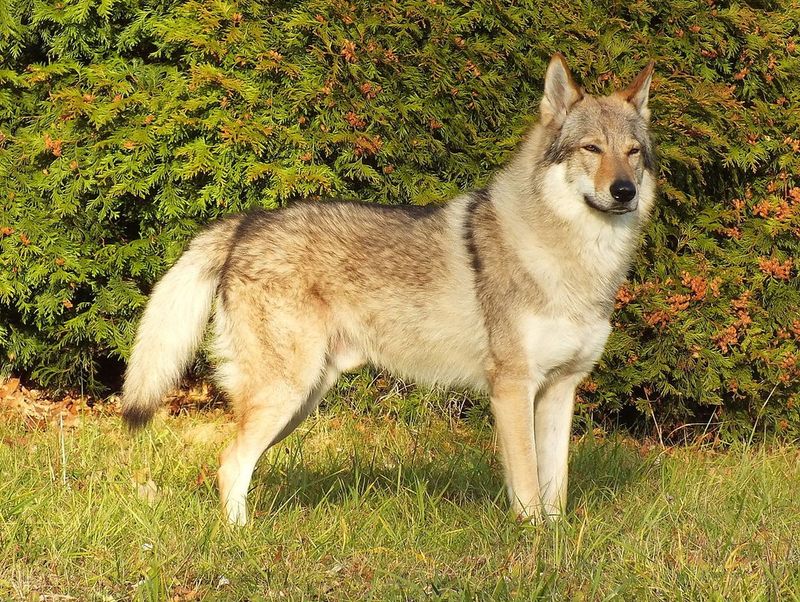
Possessing the wild beauty of wolves, wolfdogs have a unique appearance that sets them apart. Their striking features, such as piercing eyes and bushy tails, often draw admiration.
This extraordinary look is one reason people are attracted to them. However, potential owners should be prepared for the attention that accompanies such a distinctive pet.
3. Athletic And Energetic
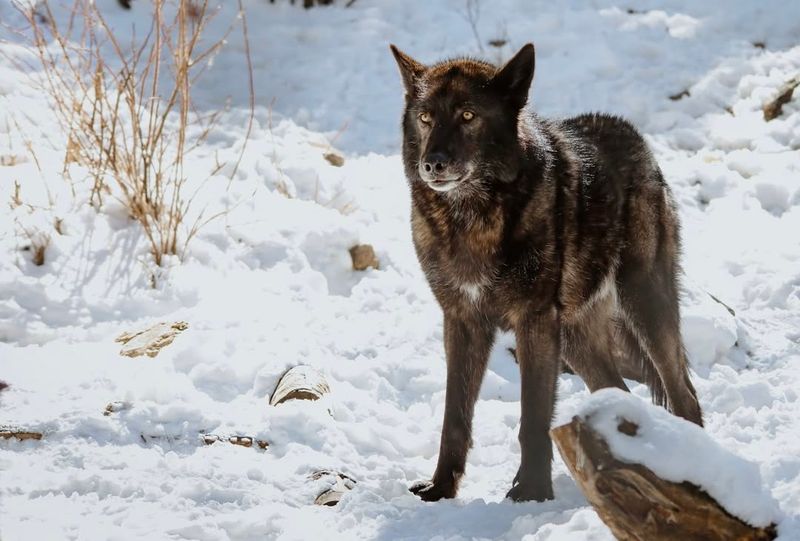
If you’re seeking a pet that can keep up with an active lifestyle, a wolfdog might be the perfect match. Their high energy levels and athleticism make them excellent companions for outdoor activities.
From hiking to running, they thrive in environments that allow them to explore and exert energy.
Owners must ensure they can provide regular exercise to keep them happy.
4. Intelligence And Trainability
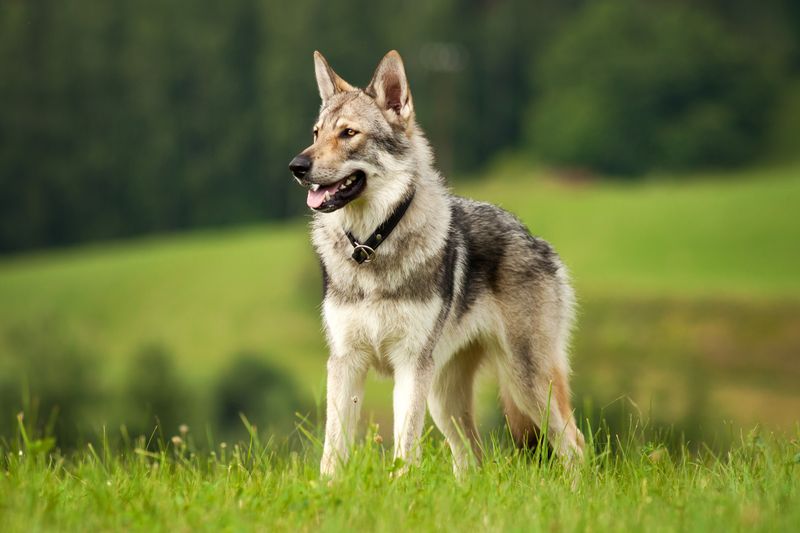
Wolfdogs are highly intelligent animals, often displaying quick learning abilities and problem-solving skills. This intelligence can make training a rewarding experience, as they tend to grasp commands quickly.
However, their independent nature can sometimes pose challenges, requiring patience and consistency in training efforts.
5. Connection To Nature
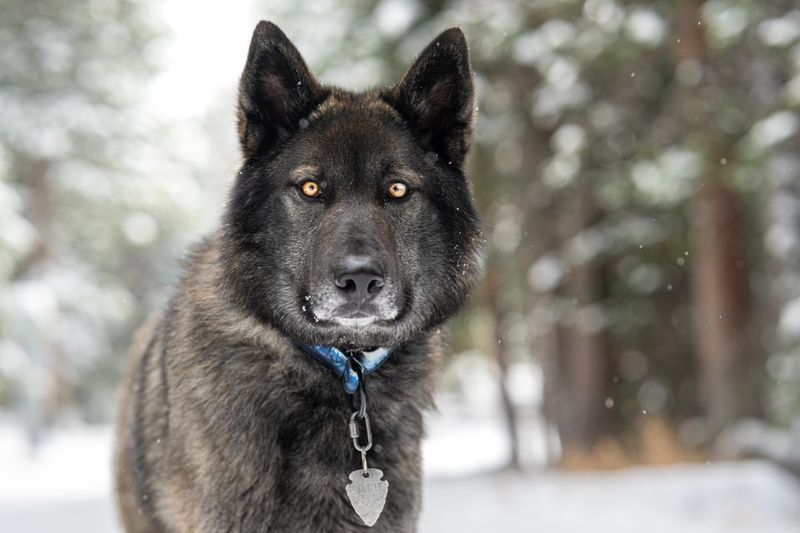
Owning a wolfdog can deepen one’s connection to nature, as these animals often exhibit behaviors reminiscent of their wild ancestors.
This connection can inspire owners to spend more time outdoors and appreciate the natural world.
However, it also means understanding and accommodating their instinctual behaviors, which may not be suitable for everyone.
6. Protective Instincts
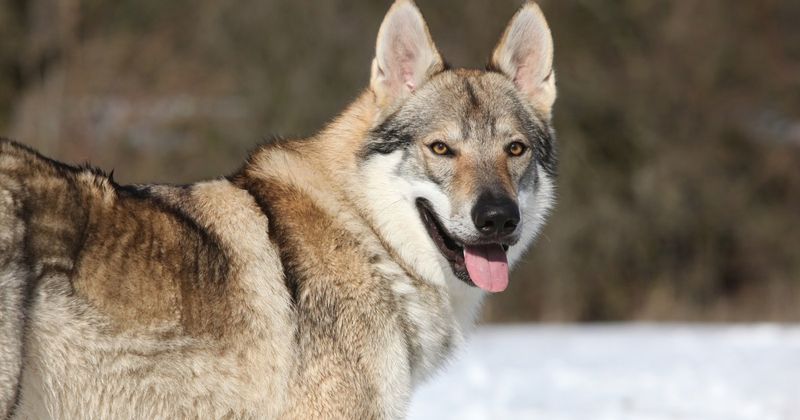
Wolfdogs possess strong protective instincts, making them excellent guardians. Their presence alone can deter potential threats, offering a sense of security.
While this trait is beneficial, it also requires responsible ownership to ensure they don’t become overly aggressive or territorial.
Proper socialization is key to managing their protective nature.
7. Community And Support
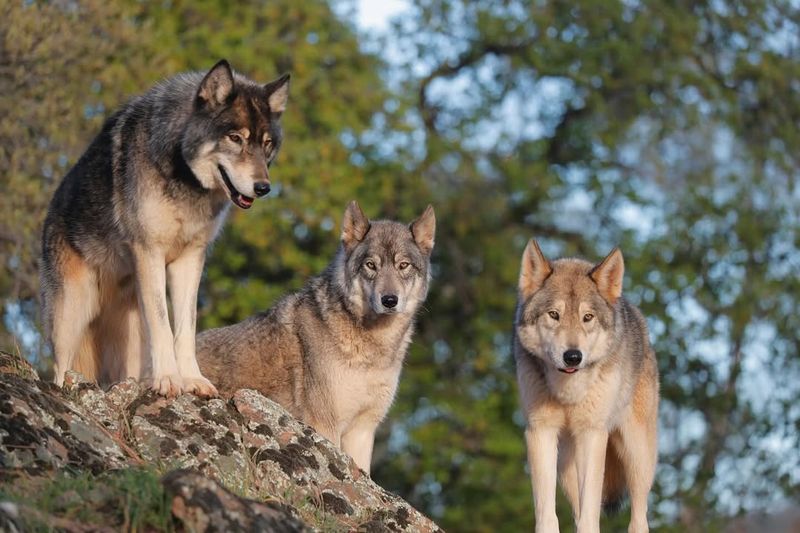
Owning a wolfdog often connects you to a community of fellow enthusiasts. This support network can be invaluable, offering advice, resources, and camaraderie.
Engaging with others who understand the joys and challenges of wolfdog ownership can enhance the experience.
It’s an opportunity to share knowledge and learn from those who share a passion for these unique animals.
8. Sense Of Adventure
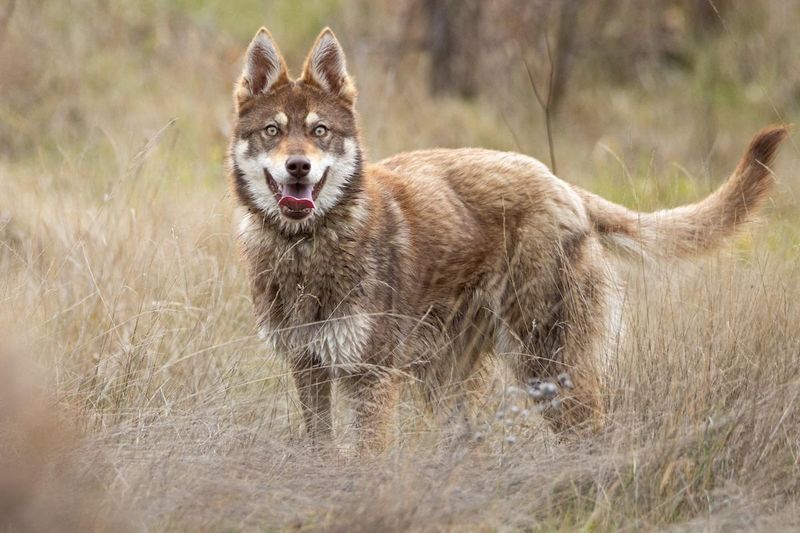
For those who crave adventure, wolfdogs can be ideal companions. Their curious and adventurous nature encourages owners to explore new places and engage in outdoor activities.
This sense of adventure can enrich both the owner’s and pet’s lives, fostering a bond built on shared experiences. But it requires a commitment to an active lifestyle to fully enjoy this benefit.
9. Social Experience
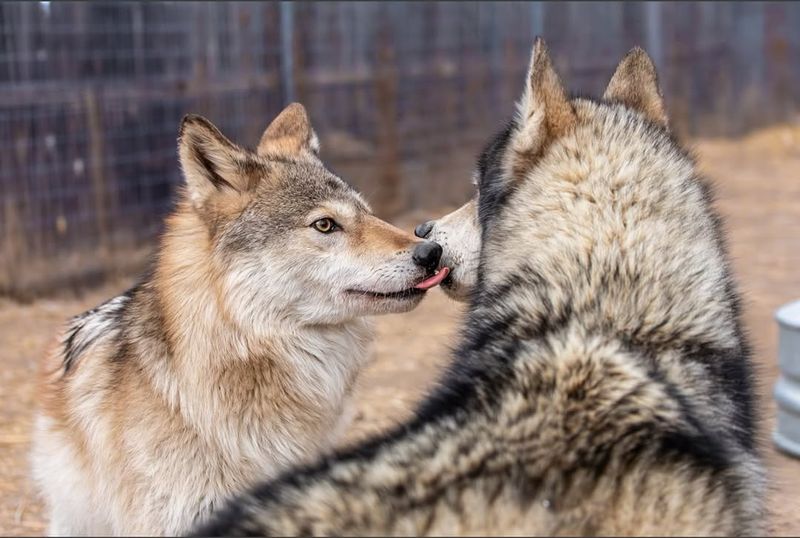
Wolfdogs can thrive in social environments when properly socialized. Their playful and curious nature allows them to engage with other dogs and people, creating opportunities for social interaction.
This social experience can be enriching for both the pet and the owner, providing a sense of community.
However, socialization must be an ongoing effort to ensure positive interactions.
10. Complexity Of Care
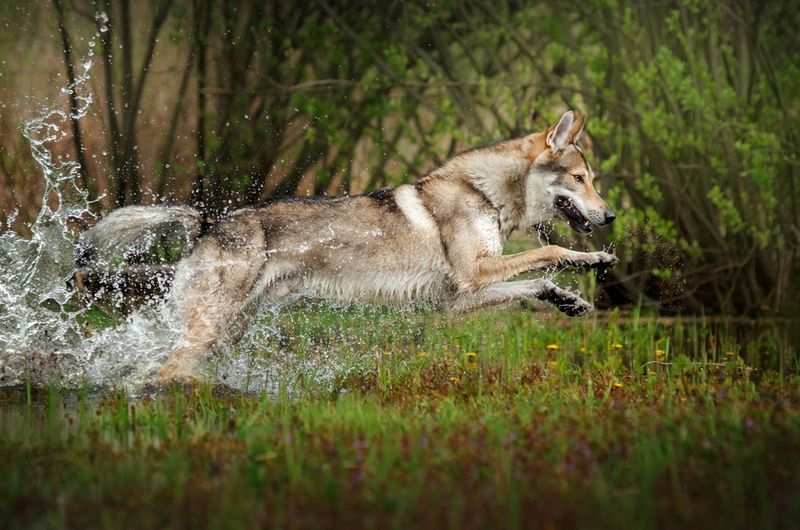
Caring for a wolfdog is not just a hobby; it’s a lifestyle. Their unique needs require dedicated time, effort, and resources, which can be overwhelming for some.
From diet to exercise, every aspect of their care demands attention. Prospective owners should assess their capacity to meet these needs before committing.
11. Legal Restrictions
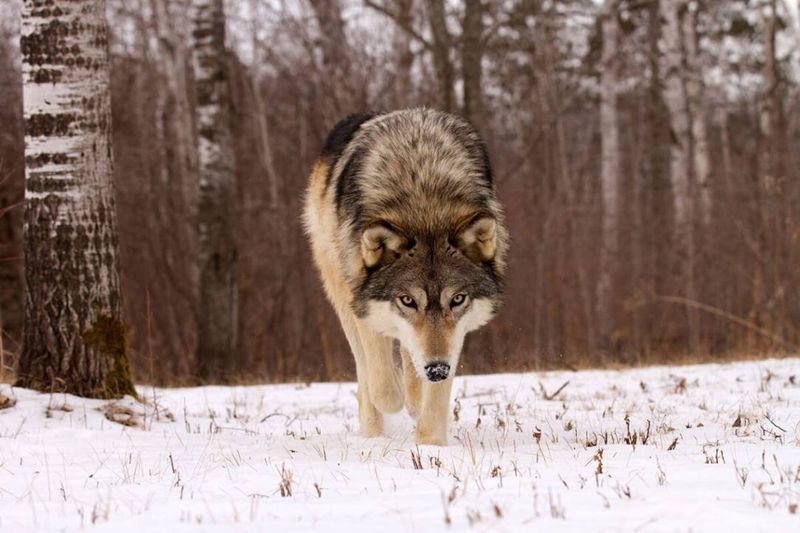
One of the significant hurdles in wolfdog ownership is navigating legal restrictions. Many regions have specific laws regulating or even prohibiting the ownership of wolfdogs.
This legal complexity requires thorough research and understanding to ensure compliance.
Future owners must be prepared to deal with these legalities to avoid potential issues.
12. Social Acceptance Issues
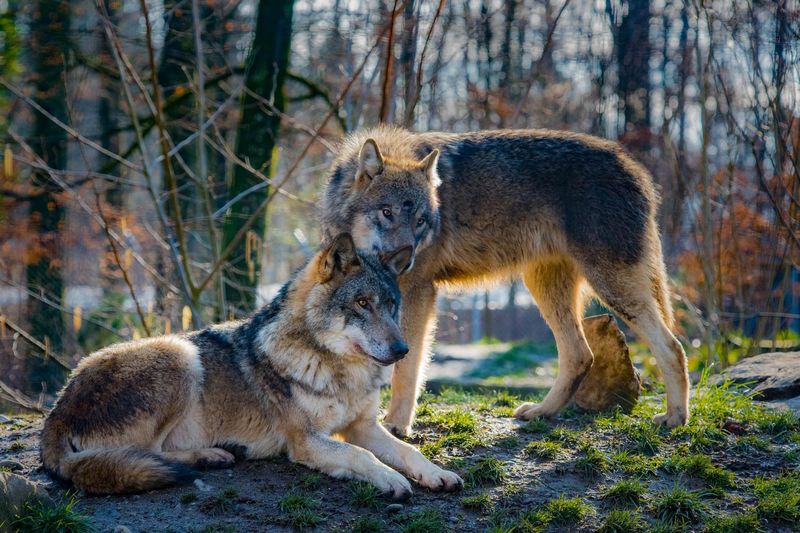
Despite their loyalty and appeal, wolfdogs often face social acceptance challenges. Neighbors and local communities may have reservations about living near a wolfdog due to misconceptions.
Overcoming these issues requires open communication and sometimes education about the breed. It’s a vital consideration for those living in close-knit communities.
13. Health Concerns
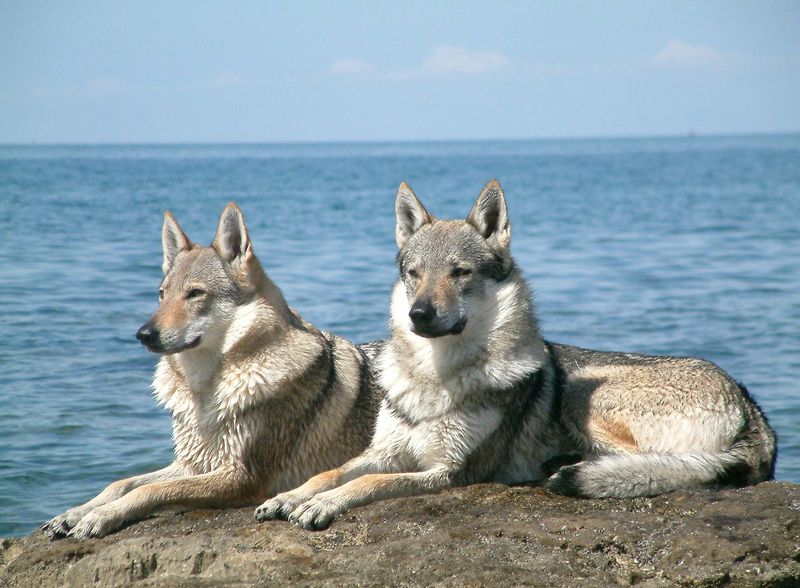
Wolfdogs may present unique health challenges that differ from typical domestic dogs. Their genetic makeup can predispose them to specific conditions that require specialized veterinary care.
Regular health check-ups and being informed about potential issues are essential for maintaining their well-being.
Prospective owners should consider if they are prepared for these health-related responsibilities.
14. Training Challenges
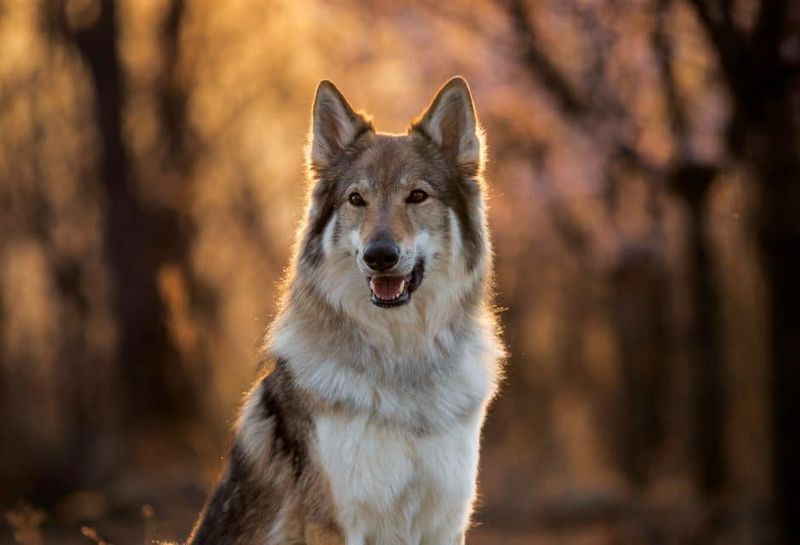
Training a wolfdog is not for the faint-hearted. Their independence and strong-willed nature can make traditional training methods ineffective.
Owners often need to develop creative and patient approaches to successfully train their pets. It’s an ongoing process that requires commitment, understanding, and flexibility to adapt to their unique personality.
15. Potential For Aggression

The potential for aggression is a serious consideration in wolfdog ownership. While not inherently aggressive, their wild ancestry can influence their behavior, particularly if they feel threatened or untrained.
Proper socialization and training are crucial to mitigate these risks. Owners must be vigilant and proactive in managing their wolfdog’s interactions with others.
16. Special Diet Requirements
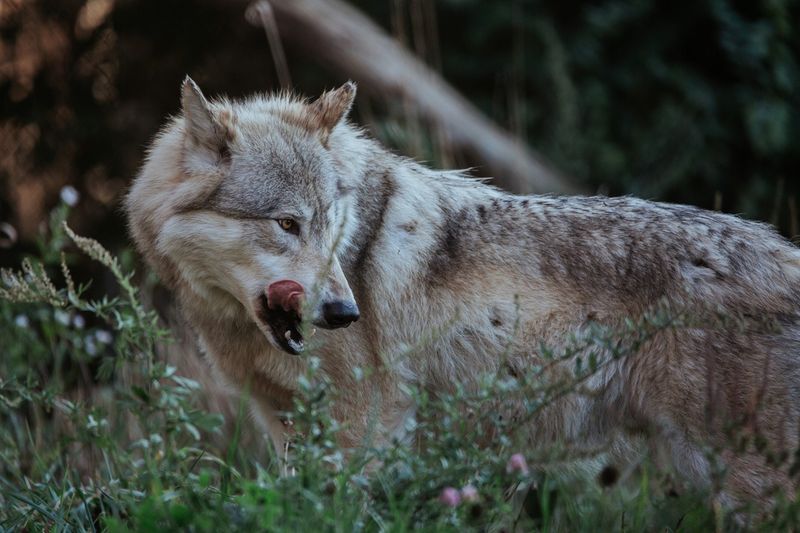
Wolfdogs often require a diet that closely resembles what their wild ancestors would eat. This means more than just kibble; think raw meats and a balanced diet rich in nutrients.
Preparing these meals can be time-consuming and expensive, requiring a commitment to their dietary health. Understanding these needs is vital for their well-being and longevity.
17. Escape Artists
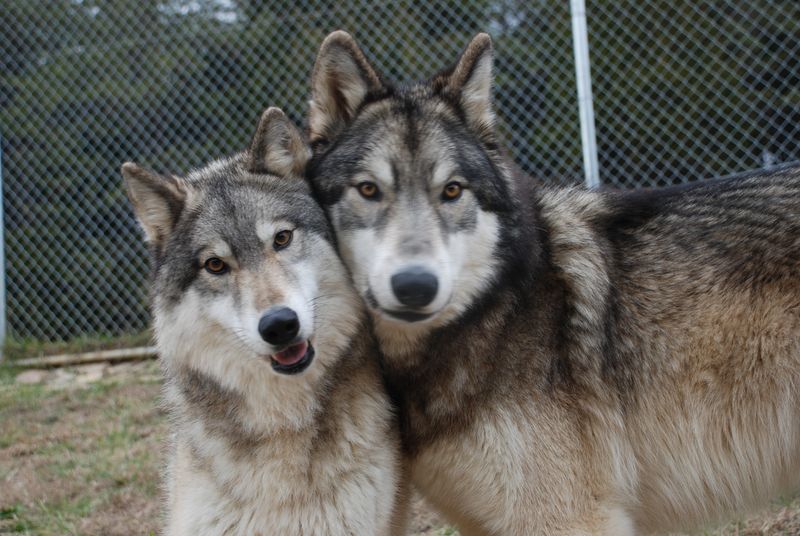
Wolfdogs have a reputation for being escape artists. Their curiosity and intelligence drive them to explore beyond the confines of their home.
Owners need to ensure their living spaces are secure and escape-proof, which can be a continual challenge.
A keen eye and preventative measures are essential to keeping them safe within their environment.
18. Longevity Concerns
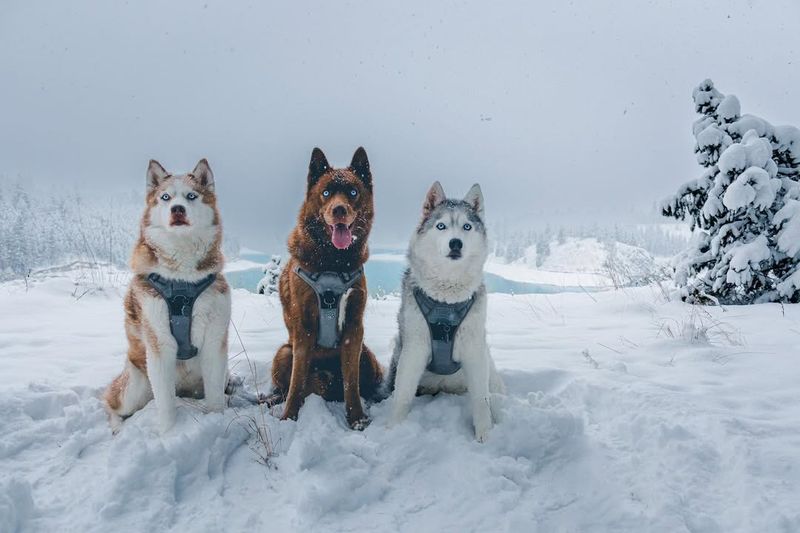
The lifespan of wolfdogs can be unpredictable due to their hybrid nature. They may inherit health issues from either parent, influencing their longevity.
Owners should prepare for the emotional and financial aspects of their wolfdog’s aging process.
Understanding these concerns enables better planning and care, ensuring a fulfilling life for the pet.




